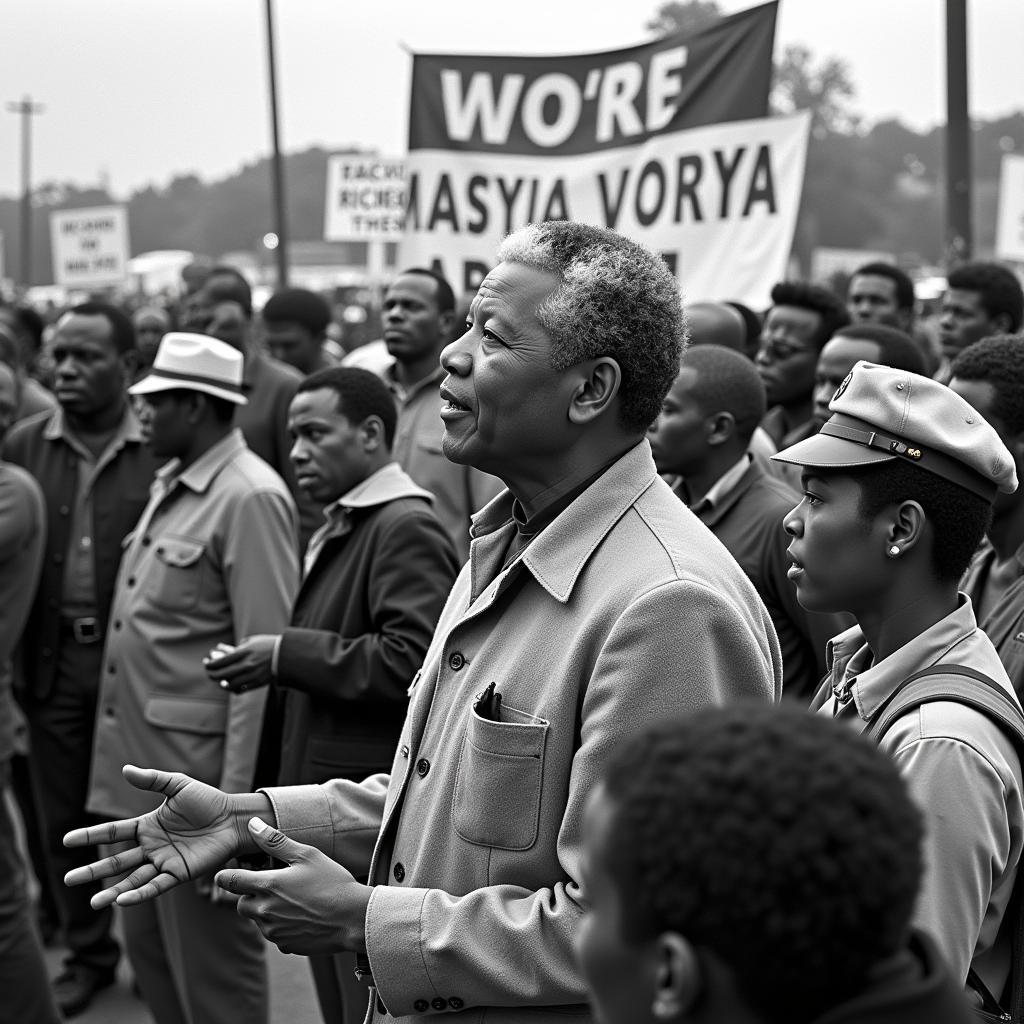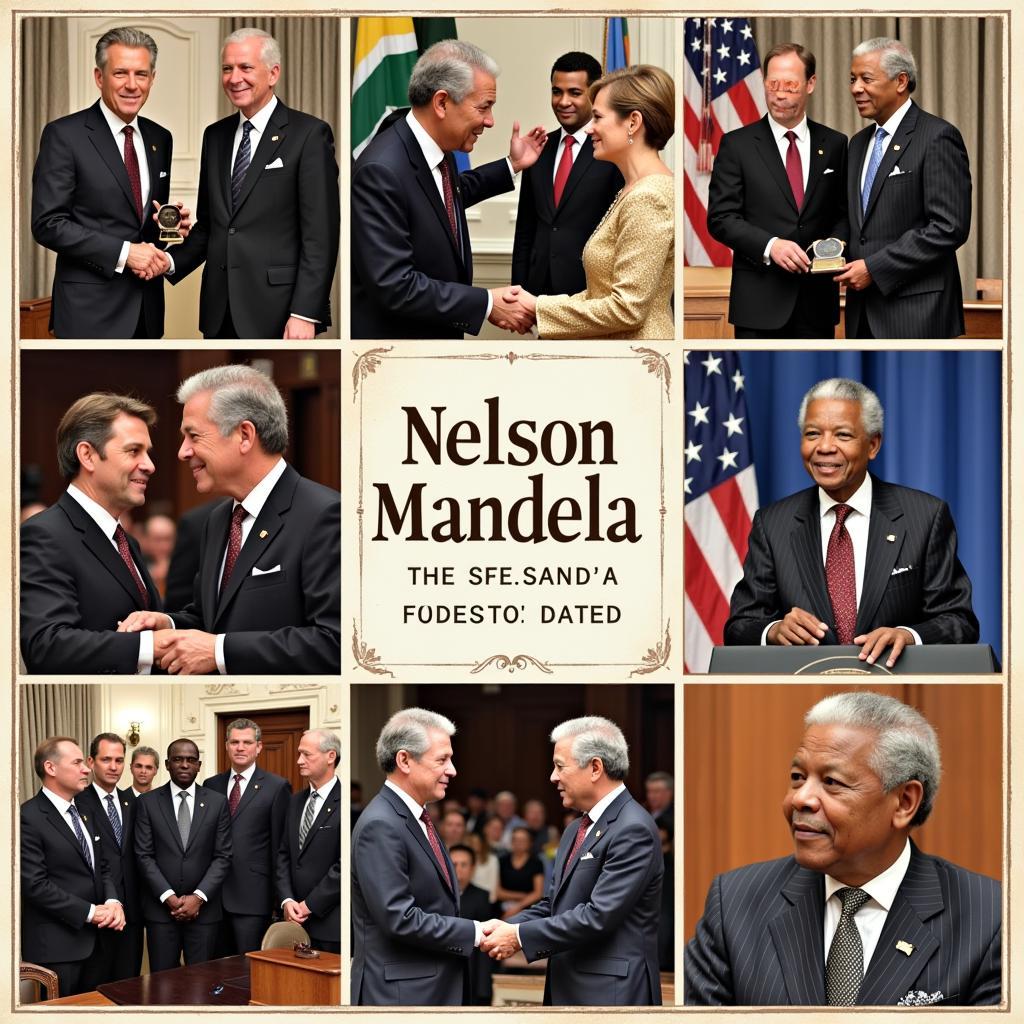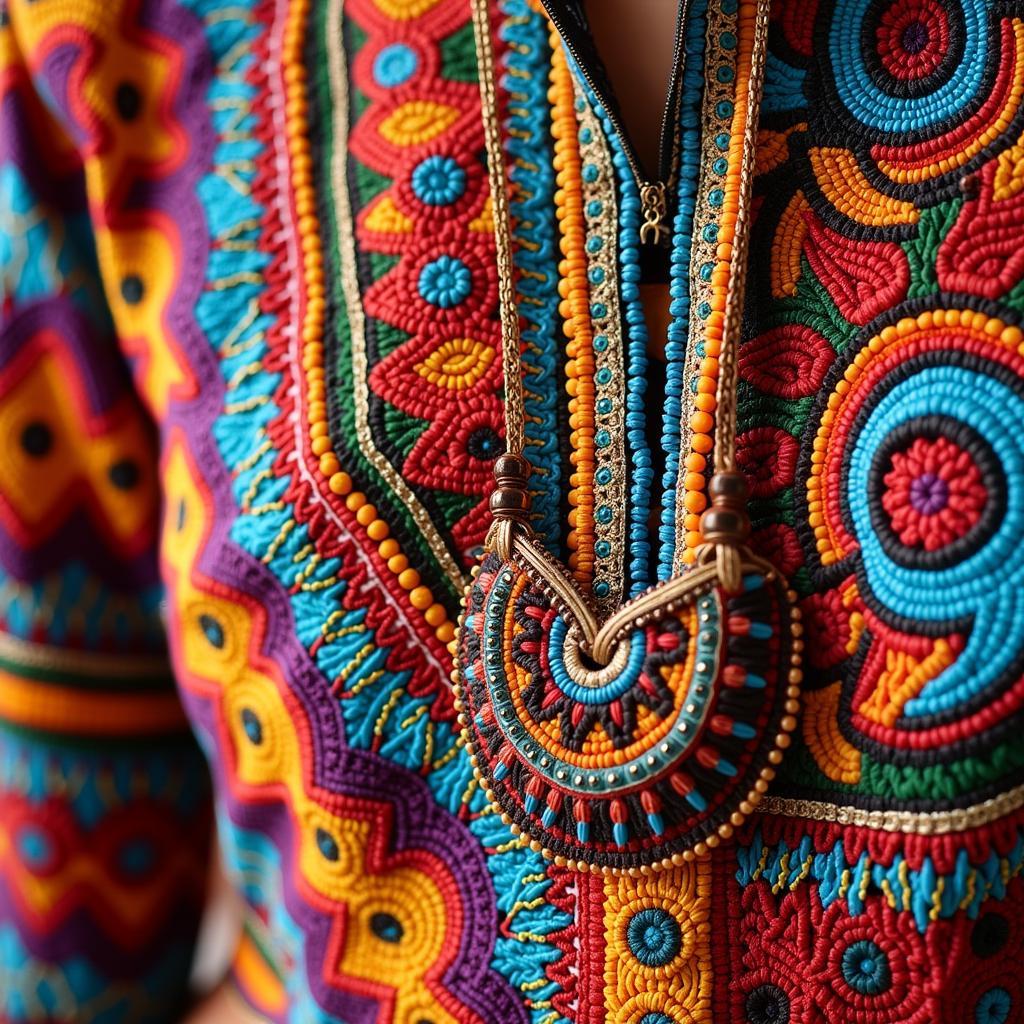African President Nelson Mandela: A Legacy of Freedom and Reconciliation
Nelson Mandela, the first democratically elected president of South Africa, is a global icon of peace and social justice. His journey from anti-apartheid revolutionary to president epitomizes the triumph of the human spirit over adversity. His leadership and unwavering commitment to equality transformed a nation scarred by racial segregation and laid the foundation for a more just and equitable future.
The life of African President Nelson Mandela is a tapestry woven with threads of struggle, resilience, and ultimately, triumph. From his early activism against the oppressive apartheid regime to his 27 years of imprisonment and his eventual rise to the presidency, Mandela’s story is one of unwavering dedication to the principles of equality and justice. His leadership during South Africa’s transition to democracy was marked by a profound commitment to reconciliation and nation-building, earning him international acclaim and solidifying his place as one of history’s most revered figures. He showed the world the true meaning of forgiveness and the power of unity.
Early Life and Anti-Apartheid Activism
Born in 1918 in a small village in the Eastern Cape, Mandela’s early life was shaped by the realities of racial segregation under the apartheid system. He witnessed firsthand the injustices inflicted upon Black South Africans, fueling his desire for change. Joining the African National Congress (ANC) in 1944, Mandela quickly rose through the ranks, becoming a key figure in the struggle against apartheid.
Mandela’s activism led him down a path of defiance against the unjust laws of the apartheid government. He embraced non-violent resistance initially, organizing protests and campaigns aimed at dismantling the discriminatory system. However, as the government’s repression intensified, Mandela and the ANC shifted towards armed resistance, forming the Umkhonto we Sizwe (Spear of the Nation), the armed wing of the ANC.
 Nelson Mandela's Early Activism: Leading Protests and Campaigns
Nelson Mandela's Early Activism: Leading Protests and Campaigns
Imprisonment and Global Icon
In 1964, Mandela and several other ANC leaders were arrested and sentenced to life imprisonment for sabotage and other charges. His imprisonment became a rallying cry for the international anti-apartheid movement. While incarcerated on Robben Island and later Pollsmoor Prison, Mandela remained a powerful symbol of resistance. The South African struggle against apartheid continued both within South Africa and globally, with increasing pressure on the South African government to release Mandela and end apartheid.
Release, Presidency, and Reconciliation
After 27 years of imprisonment, Nelson Mandela walked free in 1990, a moment that captivated the world. His release marked a turning point in South Africa’s history, paving the way for the dismantling of apartheid and the establishment of a democratic nation. In 1994, Mandela became South Africa’s first Black president.
As president, Mandela prioritized reconciliation and nation-building, seeking to heal the deep wounds inflicted by decades of racial division. His leadership was instrumental in establishing the Truth and Reconciliation Commission, a groundbreaking body tasked with investigating human rights violations committed during the apartheid era.
What was Nelson Mandela’s role in ending apartheid?
Nelson Mandela played a pivotal role in ending apartheid through his decades-long activism, imprisonment, and leadership during the transition to democracy. His unwavering commitment to equality, justice, and reconciliation inspired millions and helped dismantle the oppressive system.
How did Nelson Mandela become the first Black president of South Africa?
Following his release from prison, Nelson Mandela led the ANC in negotiations with the apartheid government, culminating in the country’s first multiracial democratic elections in 1994. He was elected president in a landslide victory, marking a historic moment for South Africa.
Legacy and Continuing Influence
Nelson Mandela’s legacy extends far beyond South Africa. He remains a global symbol of hope, courage, and the power of forgiveness. His unwavering dedication to human rights continues to inspire activists and leaders around the world. The 1st South African president in the beginning of a new era, he set a high bar for leadership, promoting peace, forgiveness and social justice. His story serves as a powerful reminder of the importance of fighting for what is right, even in the face of overwhelming adversity. Learning more about African famous people facts is a great way to appreciate the continent’s rich history and contributions. His tireless work against the South African anti apartheid movement has left an enduring legacy on the world.
 Nelson Mandela's Global Legacy: Inspiring Hope and Change
Nelson Mandela's Global Legacy: Inspiring Hope and Change
Conclusion
Nelson Mandela, African president and anti-apartheid revolutionary, stands as a testament to the power of perseverance and the unwavering pursuit of justice. His life’s work transformed a nation and inspired the world. His legacy of freedom, reconciliation, and equality continues to resonate today, reminding us of the importance of fighting for a more just and equitable future for all.
FAQ
-
How long was Nelson Mandela imprisoned? Nelson Mandela was imprisoned for 27 years.
-
What is apartheid? Apartheid was a system of racial segregation and discrimination enforced in South Africa.
-
What is Nelson Mandela most known for? Nelson Mandela is most known for his leadership in the fight against apartheid and his role in establishing a democratic South Africa.
-
What year did Nelson Mandela become president? Nelson Mandela became president of South Africa in 1994.
-
What is the Truth and Reconciliation Commission? The Truth and Reconciliation Commission was established in South Africa to investigate human rights violations committed during the apartheid era.
-
Where was Nelson Mandela born? Nelson Mandela was born in a small village in the Eastern Cape of South Africa.
-
What is the African National Congress (ANC)? The African National Congress is a political party in South Africa that played a key role in the fight against apartheid.
Need More Information?
- Explore the early days of the South African presidency.
- Discover more about influential figures in Africa.
- Delve deeper into the anti-apartheid struggle in South Africa.
Contact Us
For any further assistance or inquiries, please don’t hesitate to contact us:
Phone: +255768904061
Email: [email protected]
Address: Mbarali DC Mawindi, Kangaga, Tanzania
Our customer support team is available 24/7 to assist you.



